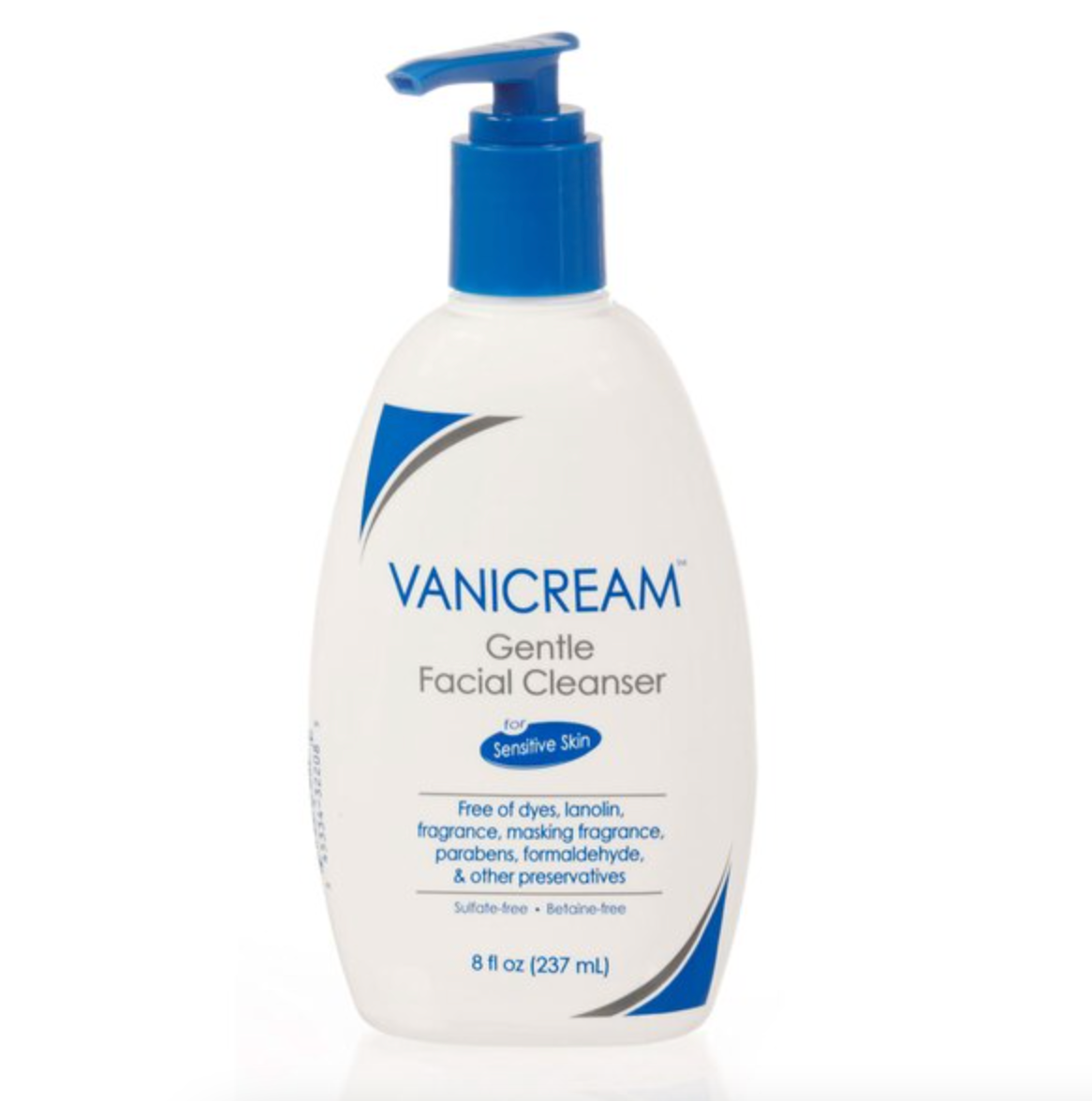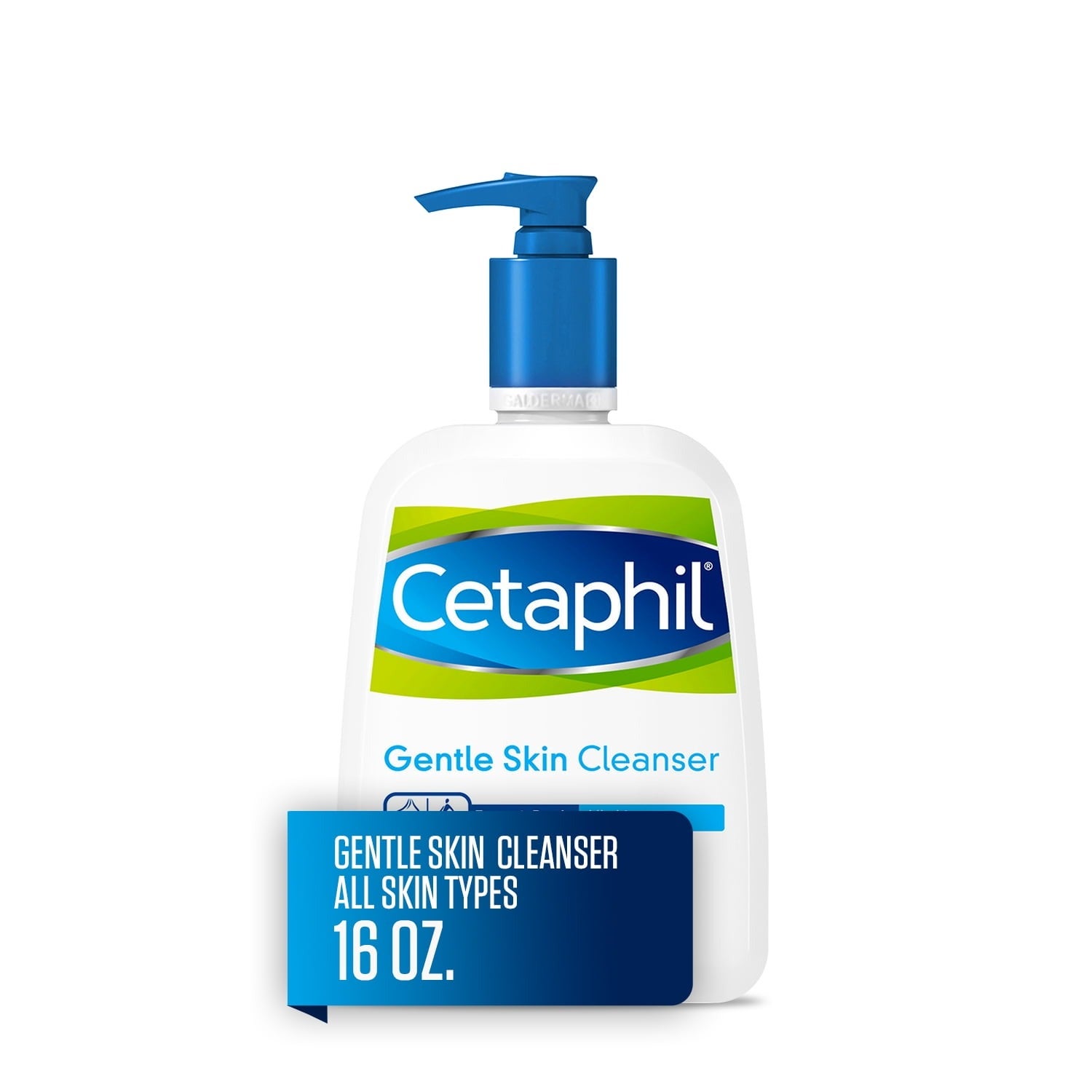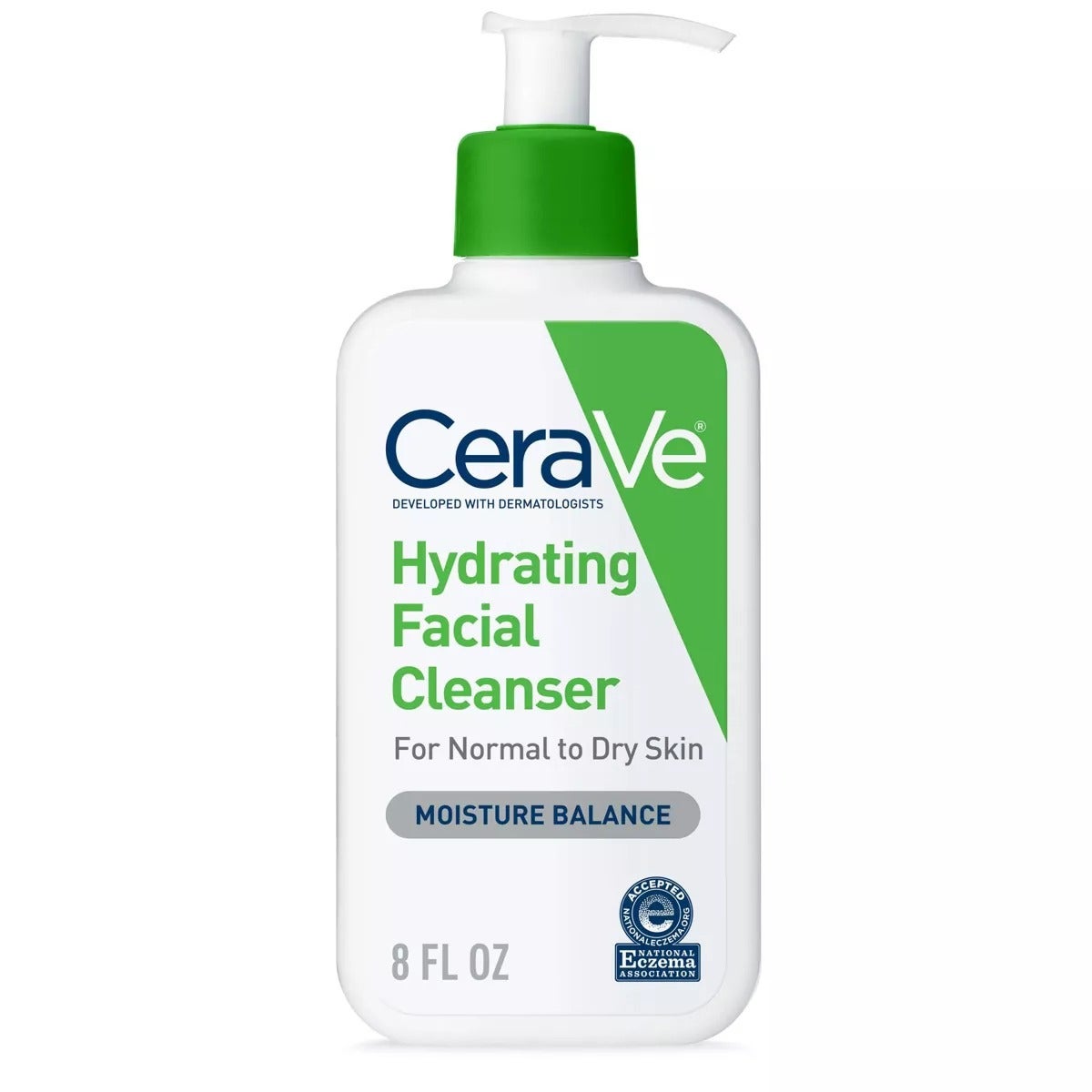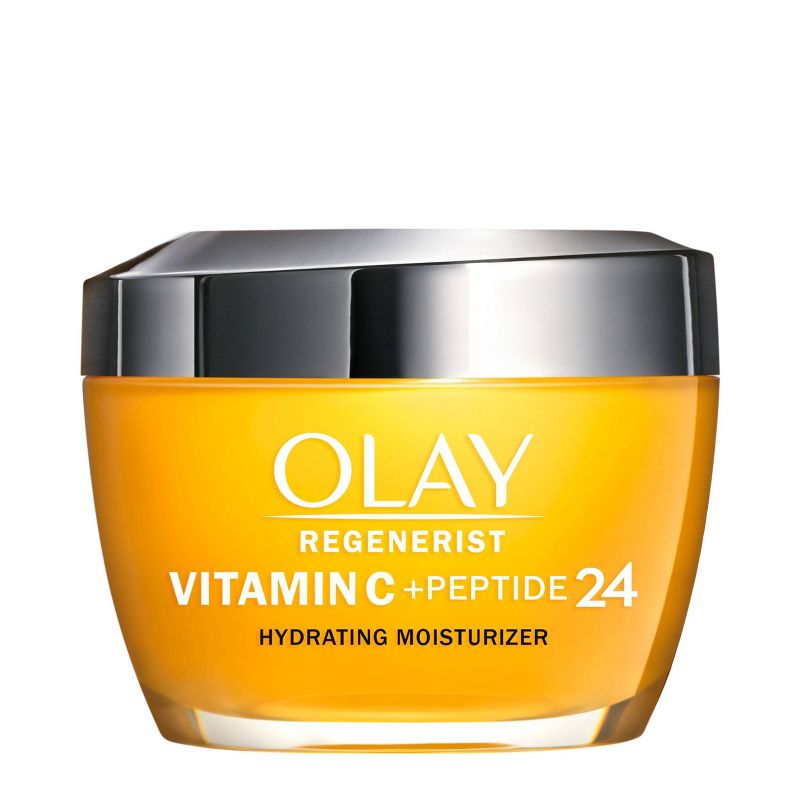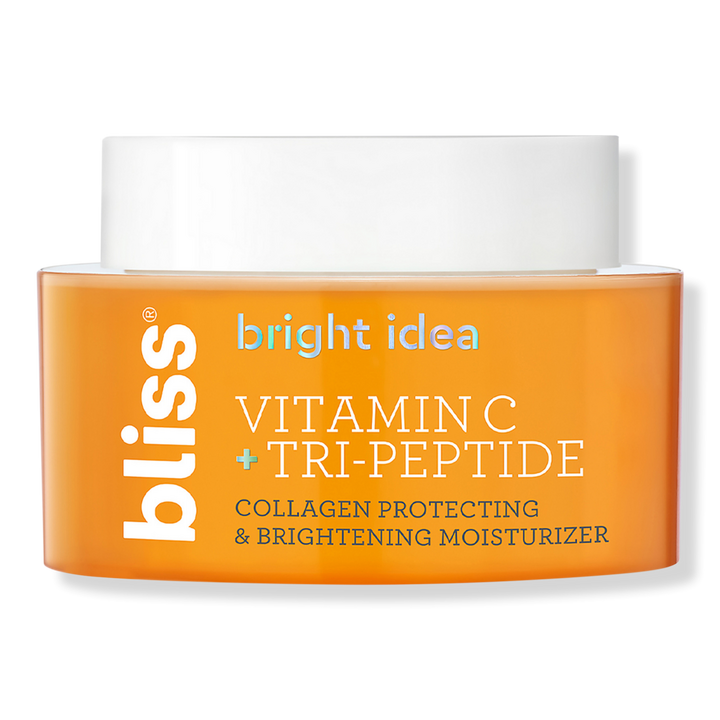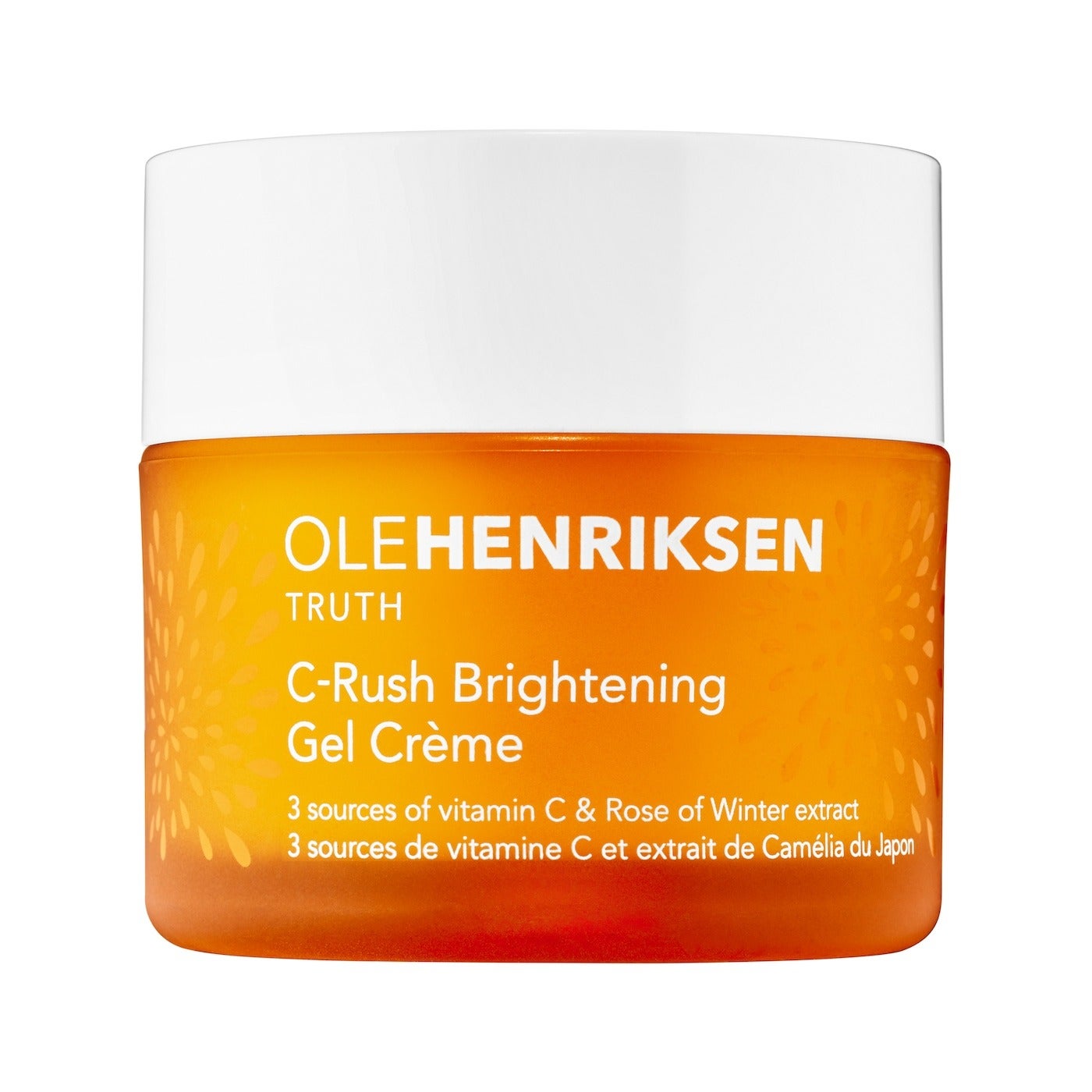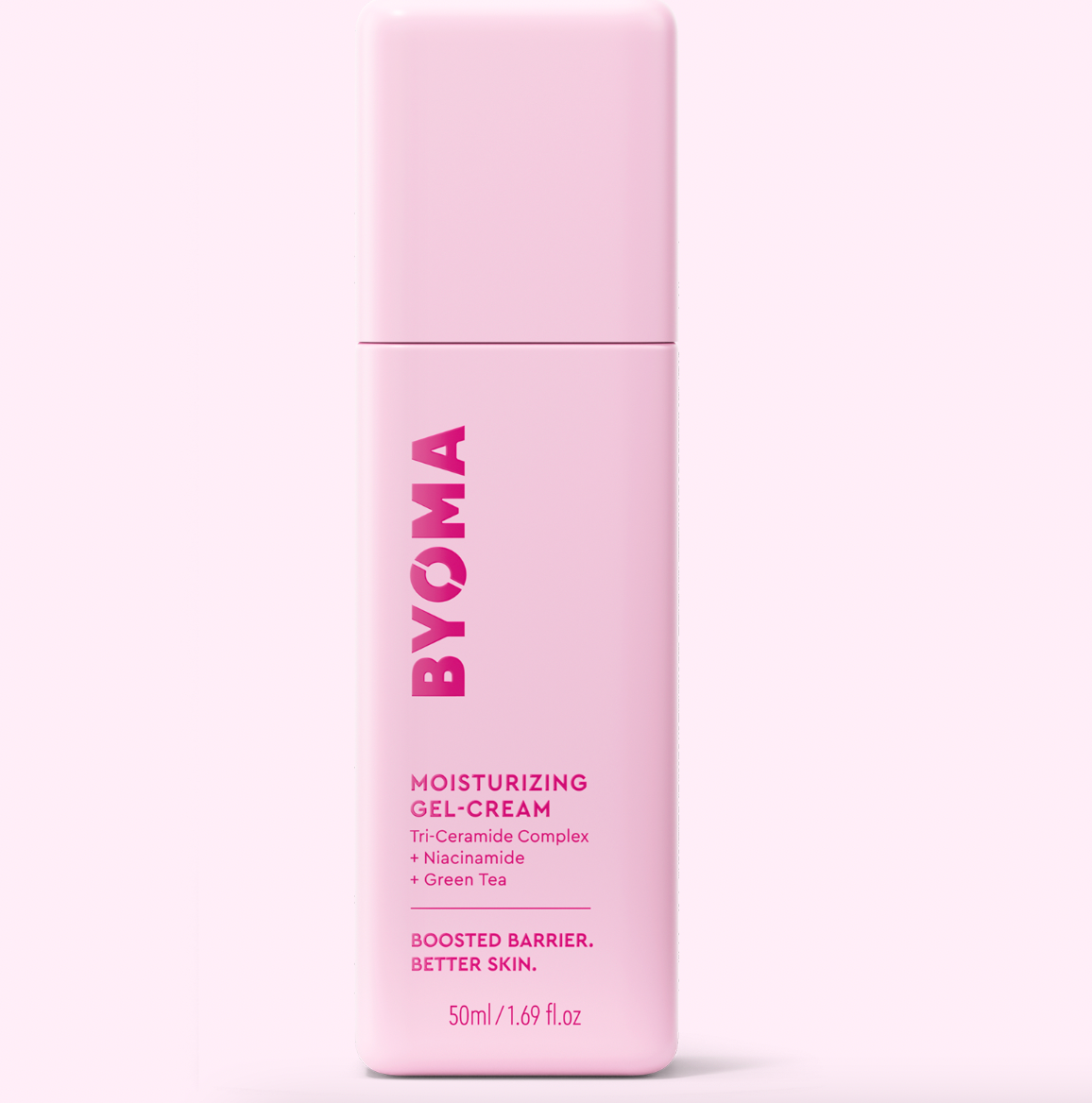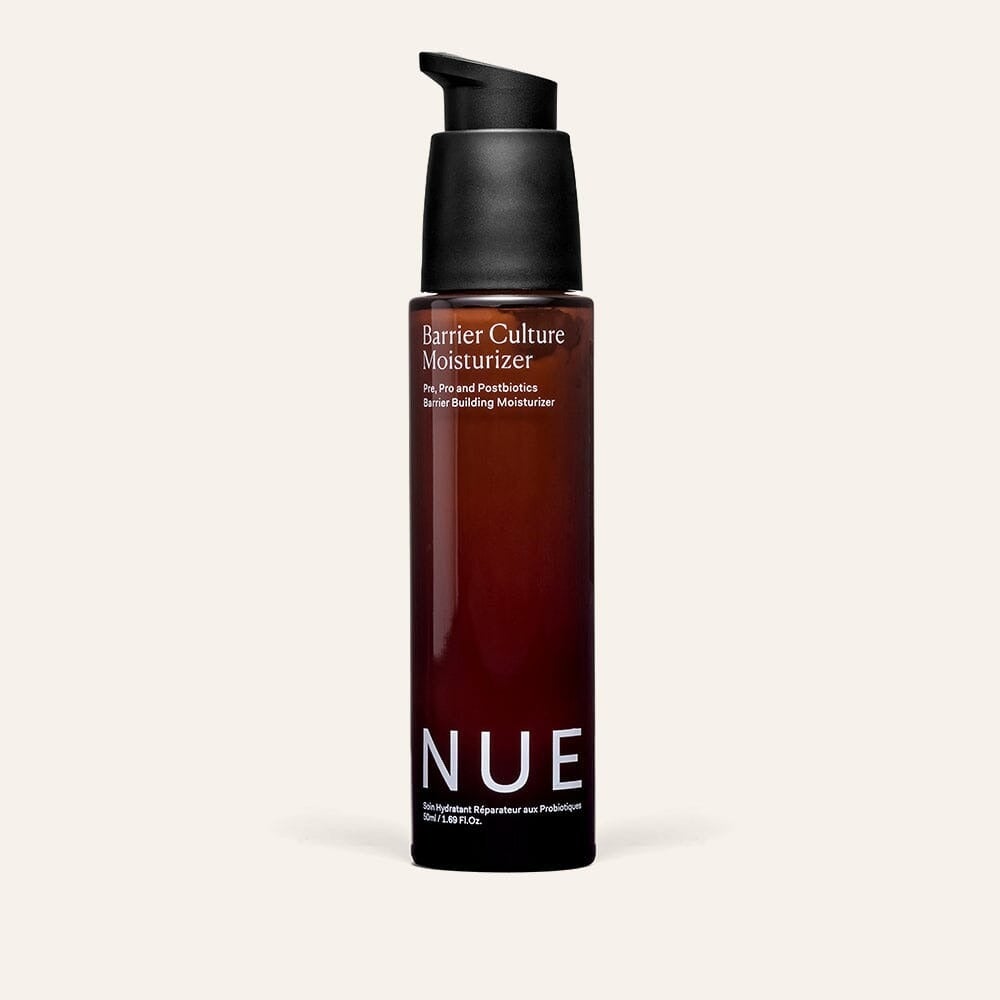7 Skincare Changes A Dermatologist Told Me To Make For Fall
All linked products are independently selected by our editors. If you purchase any of these products, we may earn a commission.
Photographed by Myesha Evon Gardner.
After a relentlessly hot summer, you'd be forgiven for welcoming fall with open arms. But with the promise of cozy evenings and actually being able to enjoy hot drinks again comes a host of potential skin problems.
The combination of cold weather and harsh heating can make skin tight, dry, and sensitive. The lightweight serums you've come to rely on for dewy skin might soon fail you. Then, there are ingredients, like retinol and exfoliating acids, which tend to exacerbate dry skin.
You don't have to swap out all of your products, though. Ahead, dermatologist Dr. Alia Ahmed reveals the savvy fall skincare tips she shares with her patients, mostly making use of what you might already have at home.
AdvertisementADVERTISEMENT
Wash your face with something creamy
Dr. Ahmed isn't a fan of foaming cleansers. "The added ingredients which make them nice and foamy are usually the ones which end up removing some of the natural oils on your skin," she says. As a result, Dr. Ahmed prefers switching to a creamy cleanser to prevent your skin from drying out further. If you're on a budget, she suggests mixing the foaming cleanser you already own with a little bit of moisturizer (the plainer, the better), which can help to alleviate the stripped, tight feeling.
When you reach the end of your existing cleanser, try Cetaphil Gentle Skin Cleanser, Vanicream Gentle Facial Cleanser, or CeraVe Hydrating Cleanser with Hyaluronic Acid for Normal to Dry Skin, which are nourishing and gentle, but cut through makeup and SPF quickly.
There's a school of thought that cleansing your skin in the morning is unnecessary as it leads to even drier skin. Dr. Ahmed disagrees. "Effective cleansing is very important because you need to think about the products [that] are absorbing into your skin afterwards," such as your serums and moisturizers. "I hear so often that patients just use water in the [fall] and winter because their skin is dry, or that they only cleanse in the evening because that's after they've worn makeup. But you do need to cleanse in the morning because of all the sweat, dirt, grime, and stuff on your pillowcase that you pick up overnight." Again, a gentle, creamy cleanser won't strip your skin.
AdvertisementADVERTISEMENT
Use vitamin C moisturizer
Your skin barrier changes with the weather, says Dr. Ahmed, who doesn't recommend having the exact same skin-care routine throughout the year. But there's just one simple switch. "Where a serum [for example containing vitamin C or hyaluronic acid] may have done the job for you in the summer, you might like to use the same ingredient in moisturizer form in the fall and winter," says Dr. Ahmed. Serums are very lightweight in texture and Dr. Ahmed suggests that they might not be substantial enough to moisturize your skin when the drying weather hits.
If you use vitamin C in the morning, look for the ingredient in a slightly thicker, more moisturizing product. Try Ole Henriksen C-Rush Brightening Double Crème or Bliss Bright Idea Vitamin C + Tri-Peptide Moisturizer, both of which contain vitamin C to shield your skin again dulling environmental factors such as pollution. Follow with sunscreen for extra moisture and protection.
Likewise, you could just follow the serum you already have with a moisturizing sunscreen (a better option if your skin tends to get oily or clogged when you layer skincare). R29 editors recommend Bondi Sands Sunscreen Lotion SPF 50+ Fragrance Free and Glow Recipe Watermelon Glow Niacinamide Sunscreen.
AdvertisementADVERTISEMENT
Change pillowcase and towels
This summer was a sweaty one so if you were diligent about changing your bedding, hats off to you. Don't slack now. Dr. Ahmed suggests that alongside a dedicated cleansing routine, changing your pillowcase every two to three days (and washing your face or bath towel regularly) is a must for keeping your skin barrier happy. Why? You'll probably want to avoid treating breakouts on top of sensitive fall and winter skin, as typical spot-treating ingredients like salicylic acid and benzoyl peroxide can irritate and exacerbate dry skin further.
The secret sauce: Niacinamide + ceramides
Dr. Ahmed says that lots of her patients tend to think hyaluronic acid — a deeply hydrating ingredient, which locks in moisture — is the best for protecting skin in the colder fall weather. But we already have this ingredient in our skin naturally, she says. When the temperature drops, Dr. Ahmed suggests bolstering your skincare routine with a moisturizer containing niacinamide (also known as vitamin B3). Not only does niacinamide prevent excess oil, it minimizes water loss (reducing dryness and irritation).
Ceramides — the fats which hold your skin together — are also a great shout if your face tends to become red and flaky. Try Rhode Barrier Restore Cream, The Nue Co. Barrier Culture Moisturizer, or Byoma Moisturizing Gel Cream, all of which combine niacinamide and ceramides.
AdvertisementADVERTISEMENT
Prime your retinol at night
Ingredients like retinol (which encourages shiny new skin cells, minimizing hyperpigmentation, fine lines and breakouts) and exfoliating acids (like glycolic acid, salicylic acid, and lactic acid) can be harsh when overused. If your skin is already dry, thanks to the cooler weather, using either could make parched skin worse. For fall and winter, especially if your skin gets aggravated easily, Dr. Ahmed suggests applying your moisturizer (it should be something quite bland and simple) 30 minutes before products containing these active ingredients, to create a thin barrier. You'll still get the intended effects, just not the irritation.
Wear sunscreen, period
Dr. Ahmed believes it's essential to wear sunscreen all year round, particularly now that climate change is such a serious issue. "We're exposed to much more intense rays than ever before," says Dr. Ahmed, who cites a study by the American Academy of Dermatology emphasizing the importance of sun protection. "Climate change is causing more sun damage and driving skin conditions," says Dr Ahmed. "I say to my patients that if they can see in front of them, it means they need to wear SPF — unless it's nighttime in a dark room with the door closed." Neither the weather nor your skin color matters — sunscreen makes for great, year-round sun protection.
Introduce antioxidants
Antioxidants fight away the things that your skin is exposed to outside, like pollution (of which there is a higher level in colder months). Look out for moisturizers containing vitamin C, vitamin E, and ferulic acid. R29 rates Dr. Idriss Major Fade Active Seal Dark Spot Vitamin C Gel Moisturizer, and The Inkey List Vitamin B, C, and E Moisturizer.
This story was originally published on Refinery29UK.
AdvertisementADVERTISEMENT







